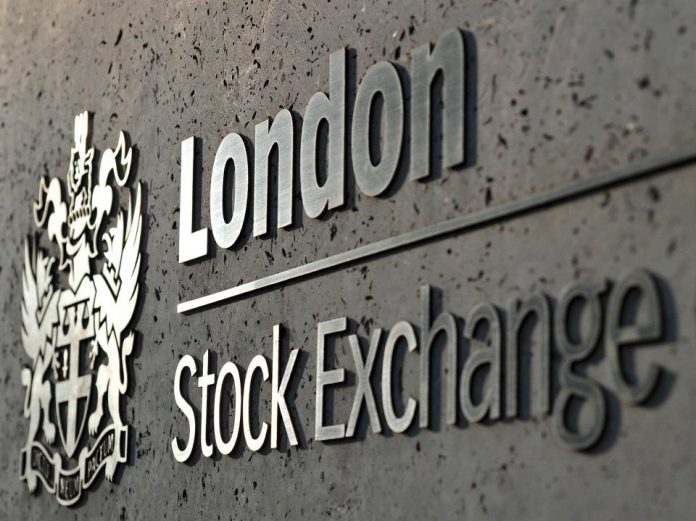SINGAPORE:European stocks, the dollar and bond yields climbed on Friday as investors speculated on the return of the “Trumpflation trade”, after the U.S. Senate approved a budget blueprint that paves the way for tax cuts.
With sentiment broadly risk-on, European shares rebounded from their worst day in two months, also helped by well-received earnings reports for Volvo and Ericsson and high German producer-price inflation numbers.
Japan’s Nikkei stock index logged its longest winning streak in more than half a century, while the dollar hit a more-than three-month high against the yen.
The VIX “fear index”, which briefly spiked close to 12 on Thursday, was back down below 10.
Thursday’s Senate vote pushed 10-year U.S. Treasury yields to their highest in more than a week at 2.3650 percent.
While European bond yields were also pulled higher, the “transatlantic spread” between Treasury yields and their German equivalents stretched to 197 basis points, its widest since June.
The dollar index – which tracks it against a basket of six other major currencies – climbed 0.3 percent to a three-month high.
The Republican-controlled Senate voted 51 to 49 for the budget measure, which paves the way for taxes to be reformed in the 2018 fiscal year without support from the Democrats, and which would add up to $1.5 trillion to the federal deficit over the next decade.
Bets that Trump’s planned tax cuts, infrastructure spending and other pro-business measures would push up growth and inflation had been behind a “Trumpflation trade” that sent the dollar to 14-year highs earlier this year.
But as doubts have grown about Trump’s ability to push through reforms, that trade had been unwound and the dollar has slipped around 10 percent.
MSCI world equity index, which tracks shares in 47 countries, was a touch lower but only around 0.2 percent below record highs hit the previous day.
U.S. stock futures rose quarter of a percent ESc1, pointing to a firmer start on Wall Street.
NIKKEI ON A TEAR
Earlier, Japan’s Nikkei which tends to show a negative correlation to the yen – logged its 14th straight session of gains, its longest such streak since 1961, after eking out a 0.04 percent rise for a robust weekly jump of 1.4 percent.
The yen was on track for its worst week against the dollar in five, with the greenback climbing as much as 0.8 percent on Friday to 113.42 yen, its strongest since mid-July, as investors readied for Sunday’s Japanese general election.
Japanese Prime Minister Shinzo Abe’s ruling bloc is expected to secure a roughly two-thirds majority.
MSCI’s broadest index of Asia-Pacific shares outside, which scaled a 10-year peak on Tuesday, was up 0.3 percent, but still down slightly for the week.
Shares in New Zealand notched their 14th straight rising session and fifth winning week to close at a record after the nationalist New Zealand First Party agreed to form a new government with the centre-left Labour Party following weeks of political negotiations, ending the centre-right National Party’s decade in power.
But the New Zealand dollar wallowed at five month lows after a 1.7 percent fall on Thursday, its largest daily fall since June 2016, on concerns the new Labour coalition will take a tougher stance on immigration and foreign investment.




